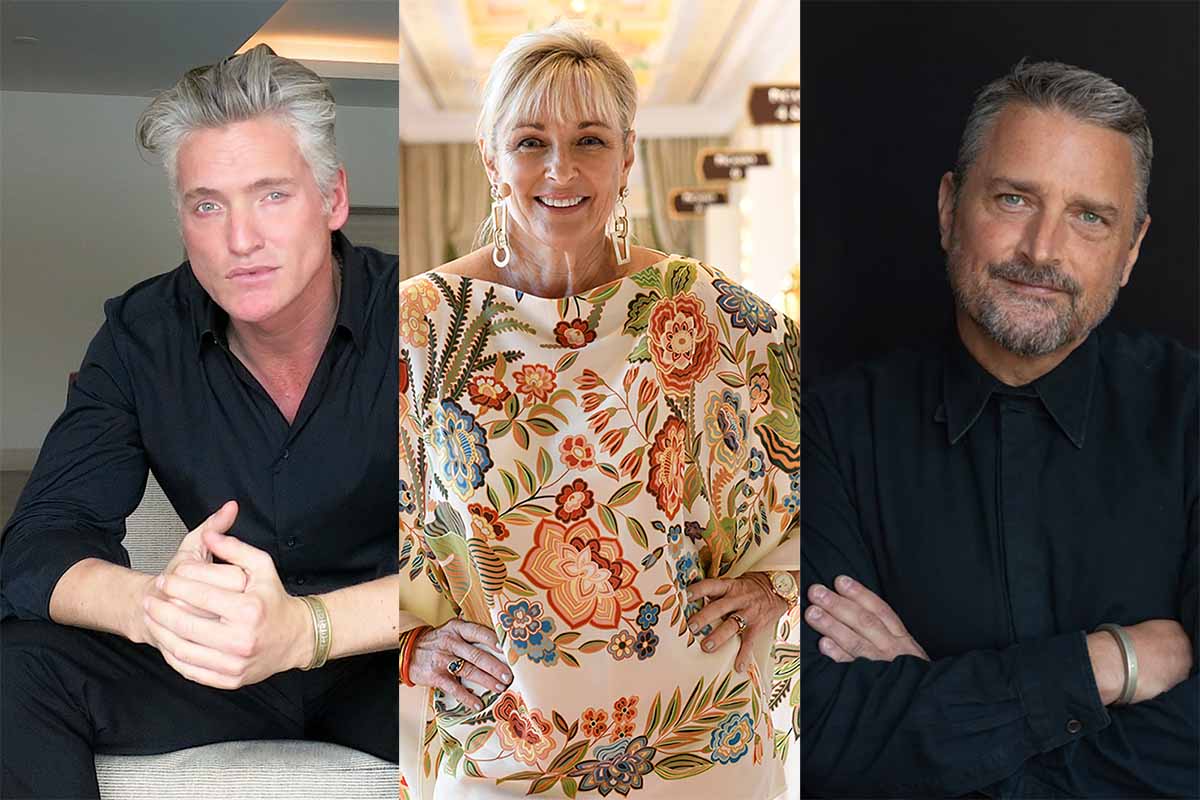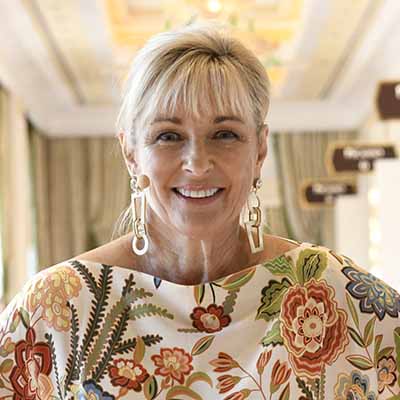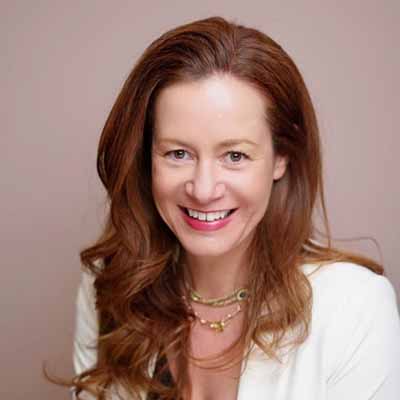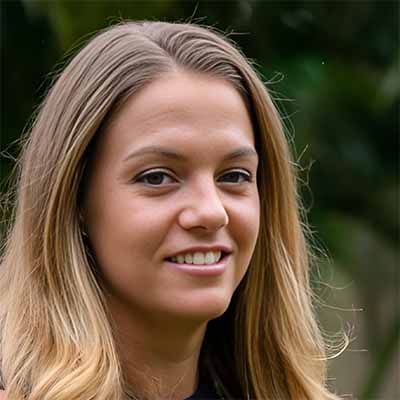
Longevity and healthspan are hot topics in the hospitality wellness industry. Some thought leaders share what longevity means to them.
Longevity in wellness is a concept that emphasizes not just living longer, but also living better. It’s about enhancing the quality of life as we age, focusing on health and well-being in a holistic manner. This concept, also known as “healthspan,” has gained significant importance in recent years. Advances in medicine and technology have led to a substantial increase in the average human lifespan. With this increase, there’s a growing desire to ensure that these extra years are lived in good health.
Focusing on wellness and preventative measures can reduce the risk of chronic diseases and a proactive approach to health can lead to a reduction in healthcare costs and a lesser burden on healthcare systems. Meanwhile, maintaining cognitive function and mental health is crucial. Approaches include regular exercise, healthy eating, stress management, and focusing on community and social connections.
We asked a number of industry thought leaders to share with us what longevity means to them. Here’s what they had to say.
Question: There is a lot of talk of longevity and lifespan vs healthspan in wellness these days. Can you talk about what longevity means to you?
 Susie Ellis, Chairman and CEO, Global Wellness Institute
Susie Ellis, Chairman and CEO, Global Wellness Institute
In the past, when I heard the term longevity, I thought mostly about the concept of living a long life. And I am really glad there is now more talk about the distinction between healthspan and lifespan because longevity without health, both physical and mental, is not something that is very appealing to me – or to many people. Therefore, I’m actively paying more attention to healthspan for myself, my family and others.
I think about this in terms of the post-COVID model that we introduced showing how important both healthcare and self care are. Improvements in technology and medicine have made it possible to focus more on prevention, and for me that includes not only regular medical checkups but also taking advantage of the new, improved preventive diagnostics. However, I probably put even more emphasis these days on the wellness side of the healthspan equation and what I can do for my self care. That includes the basics such as adequate sleep, staying active, making healthy nutritional choices (mostly), and managing stress, which I do mostly through my spiritual practice, regular massages, and paying attention to having good relationships. This has become a priority for me as I get older and I find myself making more time for family, friends, and colleagues, and even recognizing that my cherished dog, Peaches, contributes to my longevity.
Purpose, and work with a firm purpose, is also important and, thankfully, that has been part of my life for as long as I can remember. For me, the critical part of healthspan is having the energy, focus, brain health and mobility to continue my work and mission. These days, I am keenly aware of continuing to make this a priority, as wanting to make a contribution to the world as long as possible is really what inspires me to embrace longevity.
 Jessica Shea, Vice President, Wellness, Retail & Leisure Operations, Hilton
Jessica Shea, Vice President, Wellness, Retail & Leisure Operations, Hilton
The discussion of longevity generally focuses on living a longer and healthier life through various interventions that allow us to better understand and optimize our health. We now have access to physiological data and biohacking technologies to redirect our lifestyle choices and effectively change how we eat, breathe, move and sleep today in order to feel, live and perform “better” tomorrow. This information is such a gift – an opportunity to advocate for longevity for your future self. However, the options can be overwhelming and the expectations extraordinary. I think it’s really important to evaluate our current state of wellbeing with compassion. It’s a fine balance of living a not-too-hard-on-yourself life today, while creating a roadmap for a healthy tomorrow. From a more philosophical perspective, that is what longevity means to me – savoring the expansive enjoyment of the present, while simultaneously making health and wellness choices that will allow abundance to flow well into the future. To live a longer, healthier life, an appreciation of what we have today is just as important as the lifestyle adjustments we might make for tomorrow.
 Simon Marxer, Vice President, Spa & Wellbeing, Hyatt and Miraval Resorts
Simon Marxer, Vice President, Spa & Wellbeing, Hyatt and Miraval Resorts
With the growing awareness of the significant impact that advances in medicine and public health have had on people living longer, so too has our awareness of needing to reimagine our expectations for life in our later years. When I reflect on what longevity means to me, I think for me it is as much about the length of one’s life as it is about the sense of fulfillment that life offers. In my experience at any age, a great deal is determined by the mindsets we carry with us and the behaviors that result from those mindsets. A mindset that embraces lifelong learning and an active engagement in the activities and connections that support our wellbeing, can offer the sense of fulfillment, purpose and meaning we all seek at any age. I believe it is this pursuit that represents an opportunity to live a long life, lived fully, allowing us to author our own definition of longevity for ourselves.
 Jennifer Holzworth, Corporate Director of Spa Operations, Montage International
Jennifer Holzworth, Corporate Director of Spa Operations, Montage International
In addition to the importance of lifestyle education and a well-balanced preventive wellness routine, to me longevity also means focusing on your quality of life as it’s happening. Doing meaningful and purposeful activities that enrich the lives of the people around you and taking time to do the things that “fill your cup” help to create a happier, healthier and fulfilled you.
 Nigel Franklyn, Founder, The Spa Whisperer, Luxury Global Spa Consultant, Wellness Development & Design; Co-Founder, Moss of the Isles
Nigel Franklyn, Founder, The Spa Whisperer, Luxury Global Spa Consultant, Wellness Development & Design; Co-Founder, Moss of the Isles
When it comes to longevity, I’m a bit of a purest! For me, longevity is an evolving and exciting science while other supportive lifestyle and technological interventions spin naturally in its orbit.
We have seen an awareness shift from a more transactional, temporary palliative approach toward fostering a deeper interest in how we can sustainably integrate precision wellbeing into a positively influenced state of optimized living. Longevity lives and breathes in this elevated state of awareness. With any evolving science, it’s often to qualify what it is by outlining what it is not. Longevity, for example, is not a concept in which we try to live forever. I would say that longevity falls under the umbrella of Gerontology, and delivers evidence-based, scientific data that underlines aging as a physical, psychological, social, and biological process. Perhaps equally as important, longevity science emboldens other interventions that might positively influence quantity and quality of years, centering us in our own mortality and how we might fuel a greater, more prosperous life of wellbeing. There is no worthwhile conversation to be had about how long we can live without building a framework of how well we can live. Longevity does not exist in a bubble, rather it builds an ecosystem of sustainable, committed activities that might ebb and flow, but ultimately create a blue-print for a longer and healthier life. Recently, I joined the advisory board as Creative Director for the Touchless Wellness Association. The mission of the TWA is to create a global reference of touchless wellness science and interventions, which naturally puts the association at the forefront of longevity science and evolving technological modalities. While the lion’s share of longevity science remains out of reach for a lot of people, the TWA aims to make optimized, precision longevity and wellbeing accessible to all. In that mission lies the future of longevity – the accessibility of it.
Spa Executive is published by Book4Time, the leader in guest management, revenue and mobile solutions for the most exclusive spas, hotels, and resorts around the globe. Learn more at book4time.com.



